Eliza Garnsey: the (academic) writer
Eliza Garnsey is a British Academy Postdoctoral Fellow in International Relations at the University of Cambridge and a Junior Research Fellow at Wolfson College Cambridge. Her research focuses on art and visual culture in international relations and world politics, particularly in relation to human rights, transitional justice, and conflict.
Do you see yourself as a writer?
What a great question to start. I’ve never really seen myself as a writer per se, despite it being a big part of my life to write: books, chapters, articles. I suppose I see myself foremost as a researcher, and the way I communicate my research is, in part, through writing. It’s also through a lot of talking. Presenting and debating my research helps me formulate my ideas, which I then ultimately write down. Diving into writing can also help me figure out all the thoughts floating around in my head about the research. For me, being a researcher is an iterative process between thinking, looking, investigating, analysing, talking, reflecting, and writing (in the hope that someone may read it).
What’s the hardest part of writing for you?
The fear that my writing might do harm. I write because I think what I’m writing about is important to share. But I also wonder if what I’m writing is doing justice to the subject. Say, for example, I’m writing about an artwork which addresses sexual and gender-based violence. I have a responsibility to write about that artwork and subject in a way that does not enact further harm. By harm, I mean things such as misrepresenting or colonising peoples’ experiences and spaces, or amplifying voices at the expense of others, which writing can often do, even if it’s not intended. So, the hardest part of writing for me is figuring out how to write about something, then reflecting on what I’ve written, and asking myself (and my first draft readers) if I’m doing any harm through this writing.
How do you feel about the blank page when you're starting a new project?
It might sound strange, but these days I love the blank page at the beginning of a new project; it signifies the promise of something new. When I first started writing in my undergraduate days, the blank page was a little intimidating, as I never knew how or where to begin writing. Now when I’m starting a new project, the blank page doesn’t last for long because I fill it straight away with key points and a draft structure.
I use a kind of template which includes my title (once I have a title, I usually know what it is want to say); governing thought; aim; method; key arguments; key sections (often a theory section followed by case studies); key claims; and, the main implications of the research (really, why should anyone care about it?). This structure pretty much remains the same across different types of writing, be it a book or an article. The first thing I do is to bullet out these headings, and then I begin to fill them in.
Forcing myself to think about these key elements in this structured way from the outset, really helps to cement what it is I’m doing and trying to achieve in a project. I never have all the answers to begin, and often things will change throughout the writing process, but using this structure from the start gives me direction and something to return to if I feel lost.
Are there any tips you have for writing or editing your writing?
When editing, I read my work backwards. I can’t claim this tip as my own – it was a piece of advice I received when I was finalising my doctoral thesis. Reading backwards forces my eye to examine every word and bit of punctuation. Errors which are usually easy to gloss over and miss suddenly jump out.
Reading backwards also helps to evaluate every single word and reflect on whether that word is necessary; is it clear, does it mean what I want it to mean? I always need to remind myself to be ruthless with editing what I’ve written, because it’s much harder to say something clearly and succinctly than it is to be obtuse and verbose.
Are there any books on writers or writing that you have particularly enjoyed and would recommend?
Well, as I’m writing this blog, I have two books on my desk staring up at me. One is a copy of Virginia Wolf’s A Room of One’s Own. I return to this book quite often, I guess, as a reminder of the power and importance of writing, and the privilege to do so (which is certainly not without its critiques). The other book is a copy of The Self, and Other Stories: Being, Knowing, Writing by Laura J. Shepherd which for me, is an inspiring manifesto for how I would like to do, be, and know academia; writing with humanity and reflexivity.
